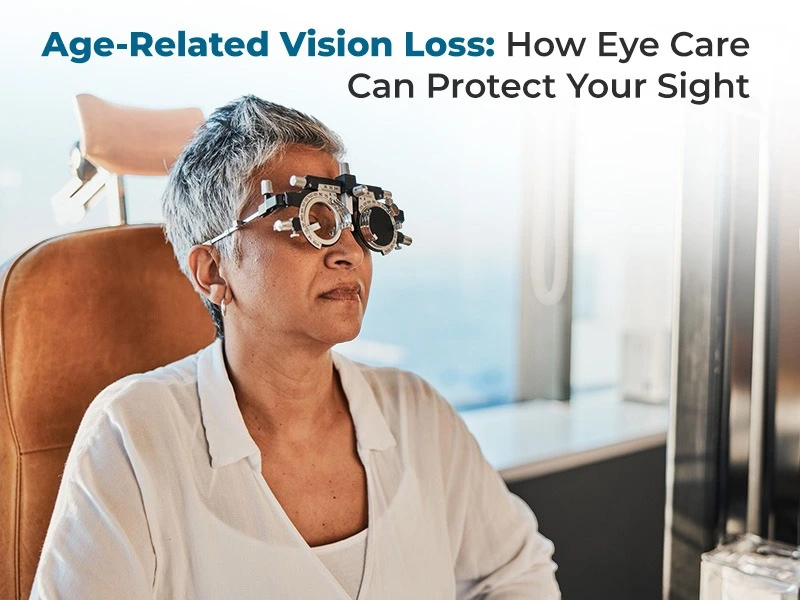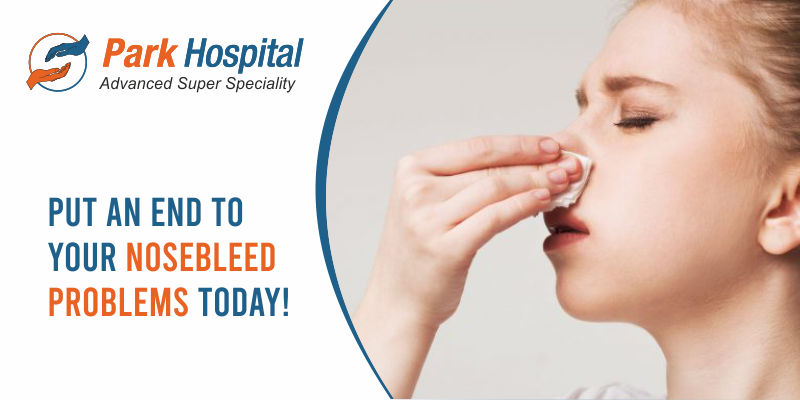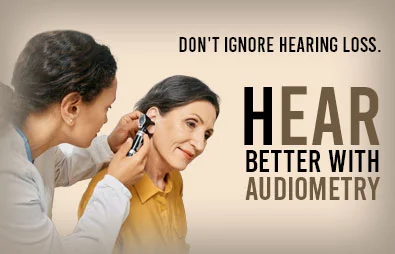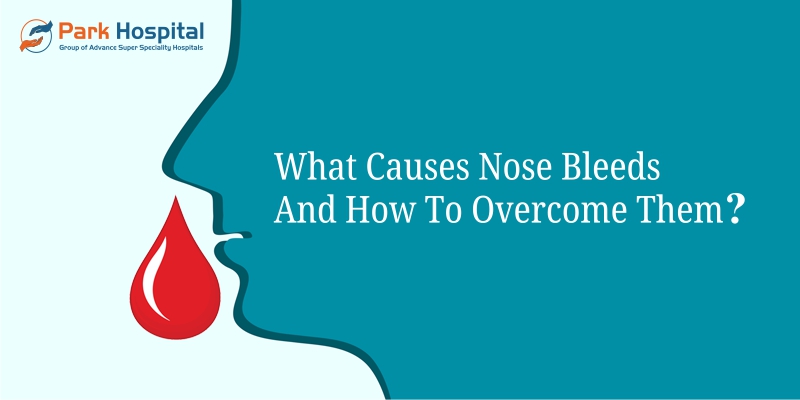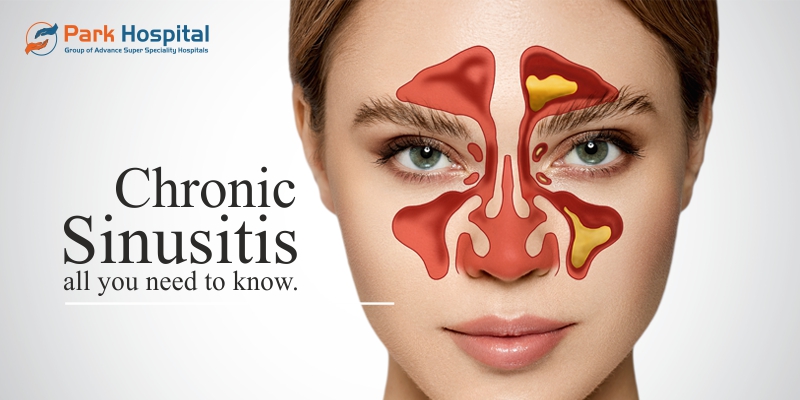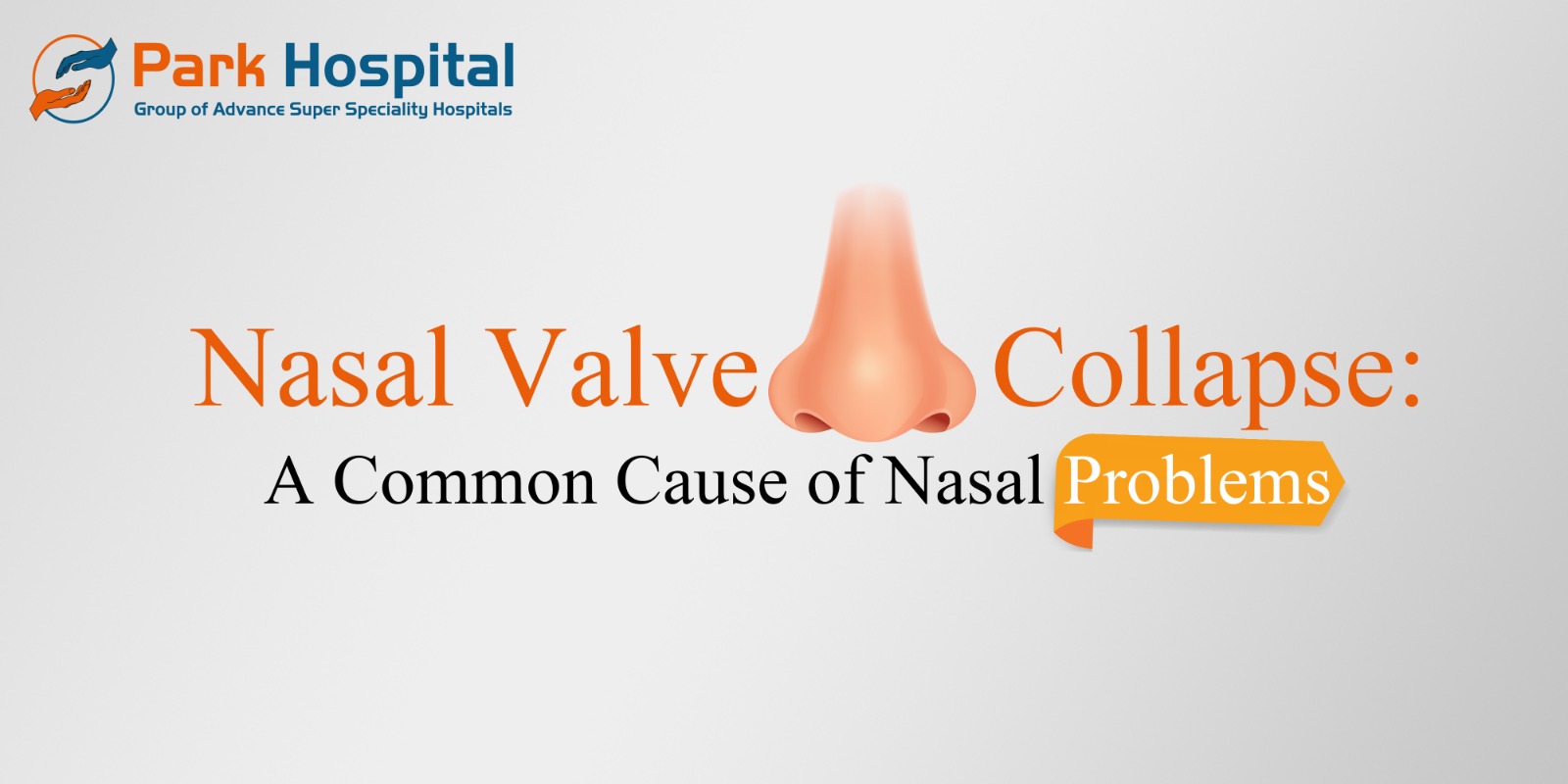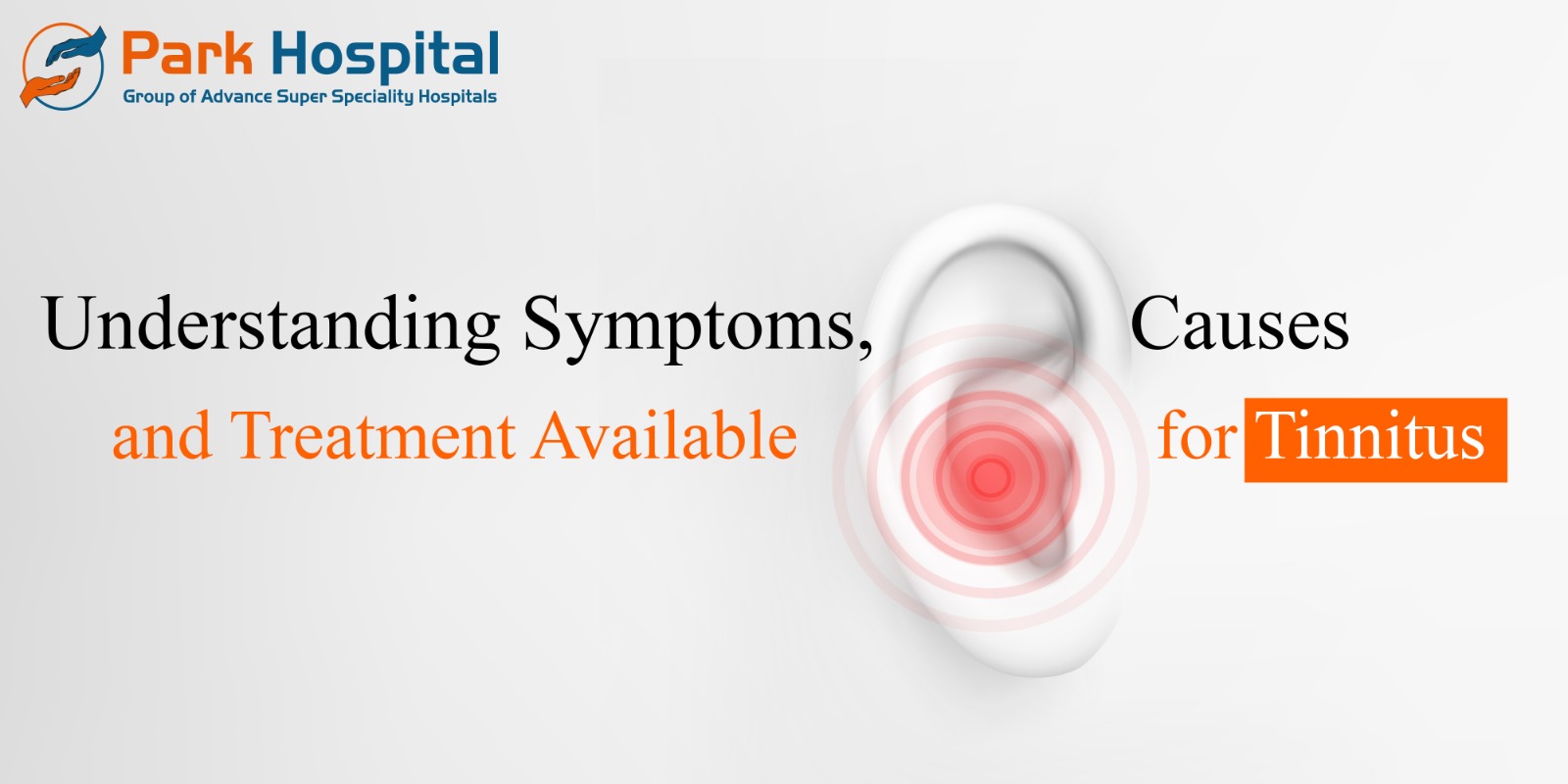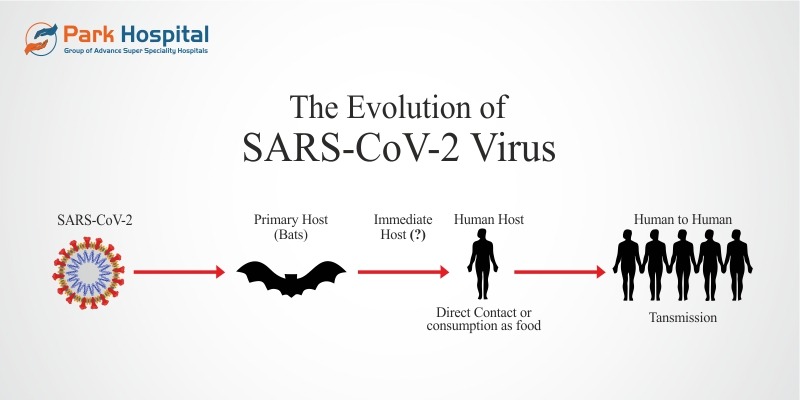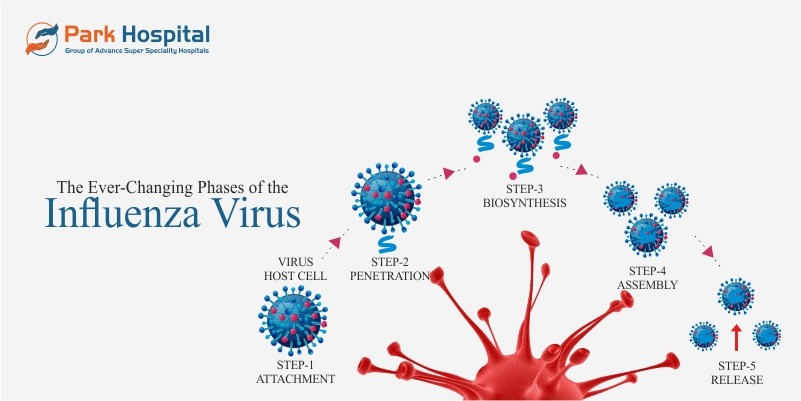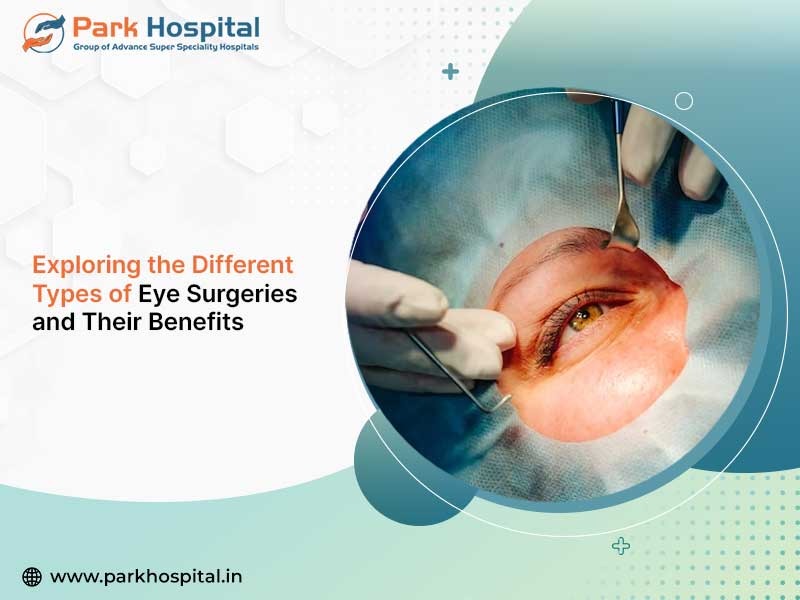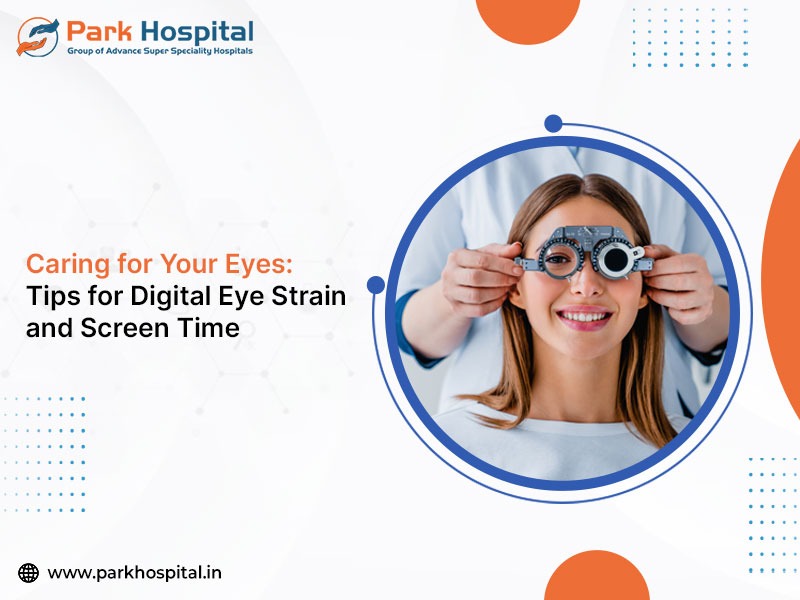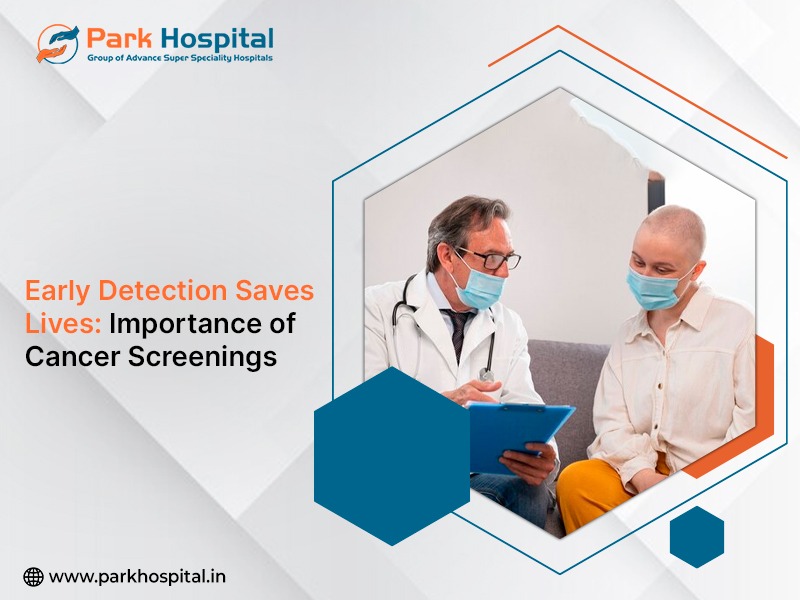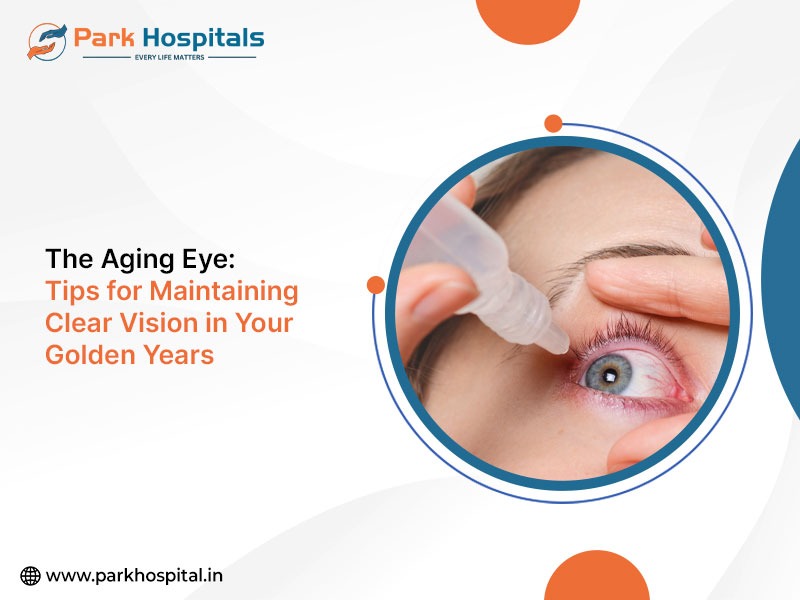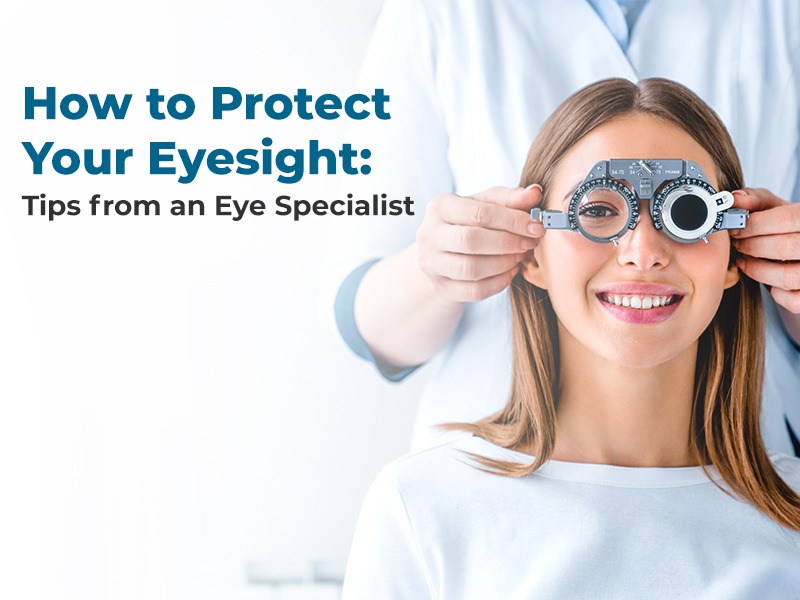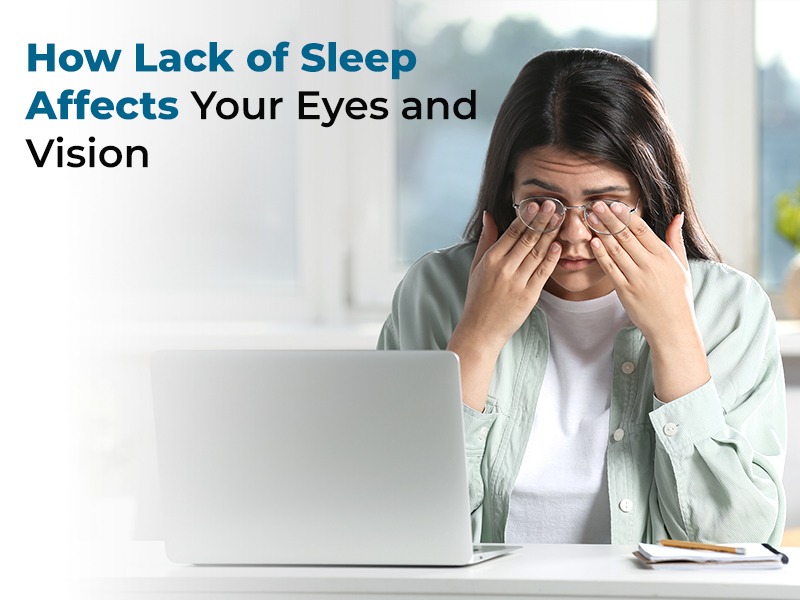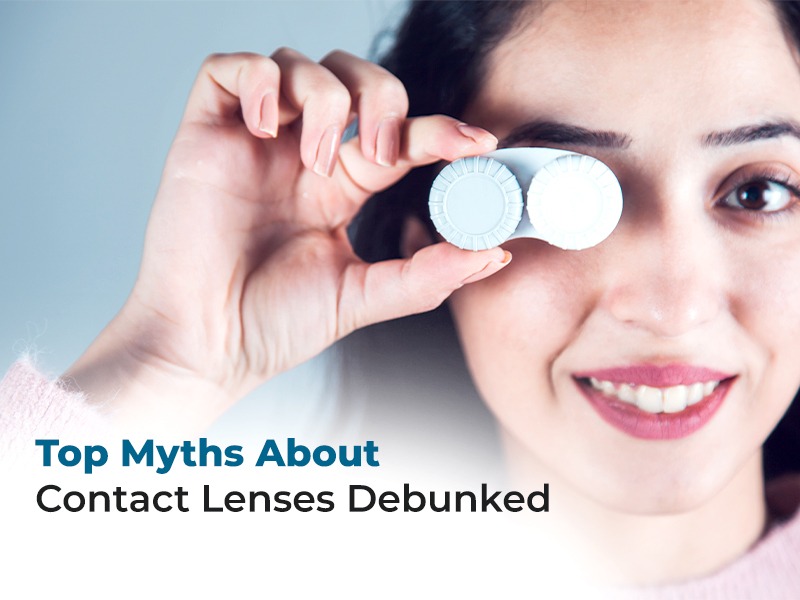Your eyes have been with you through it all, and have been a partner you can trust and depend on in every sunrise, every book, every late-night screen binge. But as the years pass, they start whispering warnings, dropping subtle hints that they need more care. The problem? We tend to ignore what they are trying to communicate, sometimes being intentionally ignorant too, until the blur sets in or reading glasses become a permanent fixture.
The Silent Thief of Sight
Many health issues, specifically those connected with the eyes, happen overnight. However, as the eyesight hospital in Delhi confirms, vision loss is not one of them. There are many conditions like macular degeneration, glaucoma, and cataracts which develop quietly, often showing no symptoms to keep a tab on until significant damage has already occurred. Your eyes wish you knew that regular eye exams aren’t just about updating your prescription—they can catch early warning signs before it’s too late.
The Connection Between Your Eyes and Your Age
Aging affects every part of the body, and your eyes are no exception. The best eye doctor in Jaipur have experienced over the years in their professional journey at Park Hospital that different stages of life bring different challenges for a person. Having a foreknowledge of the same can help you stay ahead of potential issues.
● In Your 20s and 30s: Your vision is likely at its peak, but excessive screen time, late nights, and poor diet can give rise to digital eye strain, dry eyes, and early signs of fatigue. This is the time to establish good habits—wear sunglasses, eat nutrient-rich foods, and schedule regular eye exams.
● In Your 40s: You may notice that reading small text becomes a struggle, but you will tend to shun it, even with your full conscience, thinking of it as a matter not worth paying focus, time, and energy to. This is due to presbyopia, the natural hardening of the eye's lens that makes it difficult to focus on close objects. Many people turn to reading glasses or progressive lenses to compensate. Dry eye syndrome also becomes more common as tear production slows.
● In Your 50s and 60s: The risk of cataracts increases, causing blurry vision and difficulty seeing in low light. Eye diseases like glaucoma and age-related macular degeneration (AMD) may begin to develop. Regular comprehensive eye exams become crucial to catch these conditions early.
● 70s and Beyond: Vision changes can become more pronounced, with an increased risk of significant vision loss from cataracts, AMD, and diabetic retinopathy (if diabetes is present). Depth perception, contrast sensitivity, and night vision may decline, increasing the risk of falls and accidents. Ongoing care, proper lighting, and updated prescriptions are essential for maintaining independence and quality of life.
What Is Happening Inside Your Eye That Can Lead to Vision Loss?
As you age, several internal changes occur in the eye that can contribute to declining vision, which is usually noticed by professionals at the best eye hospital in Delhi NCR:
1. Lens Hardening (Presbyopia): The eye’s lens becomes less flexible, making it harder to focus on close objects.
2. Retinal Cell Damage: The light-sensitive cells in the retina gradually deteriorate, leading to conditions like macular degeneration.
3. Increased Eye Pressure (Glaucoma): Fluid buildup inside the eye can damage the optic nerve, potentially causing permanent vision loss.
4. Cataract Formation: Proteins in the eye’s lens start to clump together, clouding vision over time.
5. Reduced Tear Production: Dry eyes become more common, leading to discomfort and blurry vision.
6. Blood Vessel Damage (Diabetic Retinopathy): High blood sugar can weaken and damage blood vessels in the retina, increasing the risk of blindness.
The Myths That Are Failing Your Eyes
● “If I can see fine, my eyes must be healthy.” Well, the harsh and highly ignorant truth is that many eye diseases progress without immediate symptoms. Good vision today doesn’t guarantee healthy eyes tomorrow.
● “Screen time is ruining my eyesight.” While excessive screen time may cause strain and discomfort, it won’t directly lead to permanent vision loss. But your eyes still wish you’d give them a break.
● “Carrots are all I need for good vision.” Yes, they’re great, but your eyes crave a full range of nutrients, including omega-3s, zinc, and vitamin C.
What Your Eyes Really Want From You
➔ Regular Eye Exams: A checkup at an eyesight hospital in Delhi every 1–2 years can help detect silent threats like glaucoma and retinal diseases.
➔ UV Protection: Sunglasses aren’t just for style—they shield your eyes from harmful UV rays that speed up aging and cataract formation.
➔ A Break from Screens: Follow the 20-20-20 rule—every 20 minutes, look at something 20 feet away for 20 seconds to reduce strain.
➔ A Nutrient-Rich Diet: Dark leafy greens, fish, nuts, and citrus fruits are all packed with eye-friendly nutrients.
Preserving Perfect Perception with Park Hospital
Your eyes are irreplaceable, and safeguarding your sight starts with awareness and action. From early warning signs to age-related changes, proactive care can make all the difference. Park Hospital’s advanced ophthalmology services provide expert diagnosis, cutting-edge treatments, and personalized vision care plans to help you see life clearly at every stage. Whether it’s a routine eye checkup or specialized treatment for conditions like cataracts or glaucoma, Park Hospital ensures your vision is in trusted hands. Don’t wait for symptoms to take hold—schedule an eye exam today and give your eyes the care they deserve for a brighter tomorrow.
Also Read About:
How Gynecologists Help With Fertility Issues
What Are the Most Common Procedures Performed Using Interventional Radiology?

